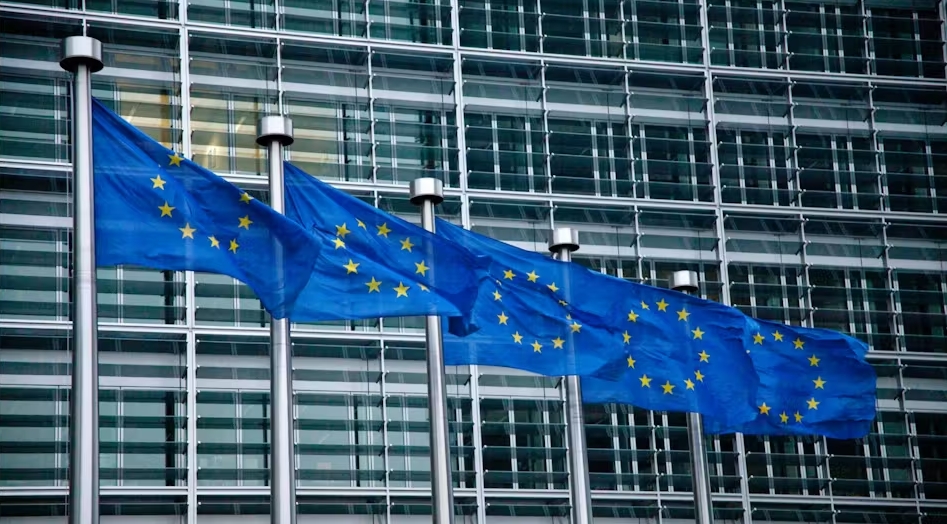European and U.S. regulators take aim at big tech, but their actions could be curtailed by a new SCOTUS ruling.
Download this article in PDF format.
Consumers, businesses and public organizations may have whittled their lists of tech providers down considerably in recent years, but the global regulatory bodies now appear to be set on expanding those options by taking aim at some of the world’s largest technology companies. Big tech firms like Apple, Meta, Amazon, Google, Microsoft and others are dealing with the onslaught of scrutiny overseas while also preparing for similar challenges on the domestic front in the near future.
Antitrust concerns, data privacy and content moderation are three of the top issues that are surfacing right now, and that regulators seem to be most focused on. This “wave of regulation” aligns with concern over the immense amount of power wielded by big tech companies. And while the outcome of these efforts remains up in the air, it’s clear that the days of these companies operating outside of the watchful eye of both domestic and international regulators are numbered (or in some cases, already gone).
Nvidia Corp., which makes graphics processing units (GPUs), system on a chip units (SoCs) and application programming interfaces (APIs), could be next in line for regulatory scrutiny.
“When it came to winning over European users, Big Tech companies pretty much hopped over from the US and declared, ‘I came, I saw, I conquered,” Abigail Rubenstein writes in “Big T ech Faces European Crackdown.” “But European antitrust regulators have greeted them with much more skepticism, and it looks like AI’s $3 trillion hero, Nvidia, will be the next one to face a potential smackdown.”
The Wave of Regulation Rolls In
Citing a Reuters report on the matter, Rubenstein writes that “antitrust regulators are about to charge Nvidia with allegedly engaging in anticompetitive conduct, which would make it the first regulator to accuse the chipmaker of abusing its position since it came to dominate the AI business.”
With the EU v. Big Tech battle lines drawn, it’s not all smooth sailing for big tech on the home front. “US regulators have also taken aim at Big Tech—and despite some embarrassing losses, they aren’t slowing down,” she added. “Last month, the Department of Justice and the Federal Trade Commission reportedly reached a deal divvying up how to investigate Microsoft, OpenAI, and Nvidia.”
In June, Reuters reported that the DOJ and FTC had reached a deal clearing the way for potential antitrust investigations into the dominant roles that Microsoft, OpenAI and Nvidia play in the artificial intelligence (AI) industry.
“The agreement between the two agencies shows regulatory scrutiny is gathering steam amid concerns over concentration in the industries that make up AI,” Reuters says. “Microsoft and Nvidia not only dominate their industries but are two of the world’s biggest companies by market capitalization since Nvidia’s market value recently surpassed $3 trillion.”
The move to divvy up the industry mirrors a similar agreement between the two agencies in 2019 to divide enforcement against large tech companies, which ultimately saw the FTC bring cases against Meta and Amazon, with the DOJ also suing Apple and Google for alleged violations. “Those cases are ongoing and the companies have denied wrongdoing,” Reuters adds.
SCOTUS Curtails Agency Power
However, a new Supreme Court ruling could put a kink in U.S. regulators’ plans to take more control over and/or break up some of the nation’s largest tech companies. Earlier this month SCOTUS curtailed federal agencies’ powers by overturning a decades-old legal precedent giving agencies greater leeway to interpret ambiguous federal laws, according to the Washington Post.
The court’s decision Loper Bright Enterprises v. Raimondo struck down a principle known as the “Chevron deference,” effectively empowering business and industry groups to avoid tighter tech regulations proposed by the administration. “If they succeed in slowing regulation, it could put the United States further behind its counterparts in Europe,” the publication adds, “who have moved more swiftly to set new rules.”



